Choosing Optimism, Making Progress
Join us as we look back at 2024, highlighting collective progress and our hopes for the year ahead.
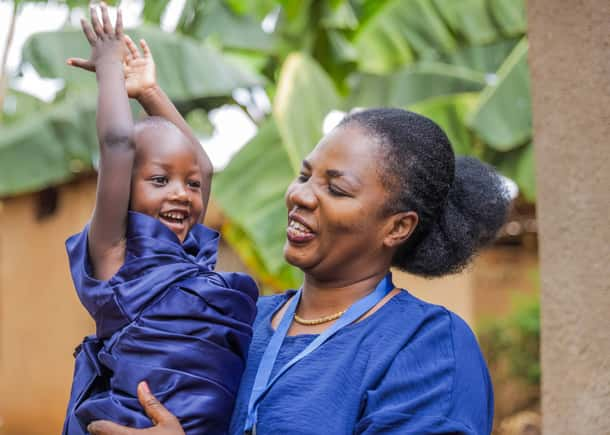
Join us as we look back at 2024, highlighting collective progress and our hopes for the year ahead.

We are already several weeks into 2025, but today I'm pausing to reflect on some of our milestones and achievements from 2024.
Our partnerships have driven impactful programs that are truly saving lives and empowering healthcare workers to reduce preventable maternal and newborn deaths. Pictured above is Alia. Alia is one of the millions of babies who were not breathing when born. Alia’s midwife had been trained in the Helping Mothers and Babies Survive programs and she knew how to save Alia’s life. Discover a video of her story here.
When we hear these stories, it makes us even more committed to supporting our partner-led initiatives with the simulation-based tools and training they need to save lives. Our collaborations with partners have led to evidence-based, data-driven solutions that foster a culture of change and strengthen health systems.
Our collective efforts are showing progress and we have reason to be optimistic about the future. Together, we’re making a difference. Wondering how? We invite you have a look at some highlights from the past year…
Warmly,
Karoline Linde Myklebust, CEO
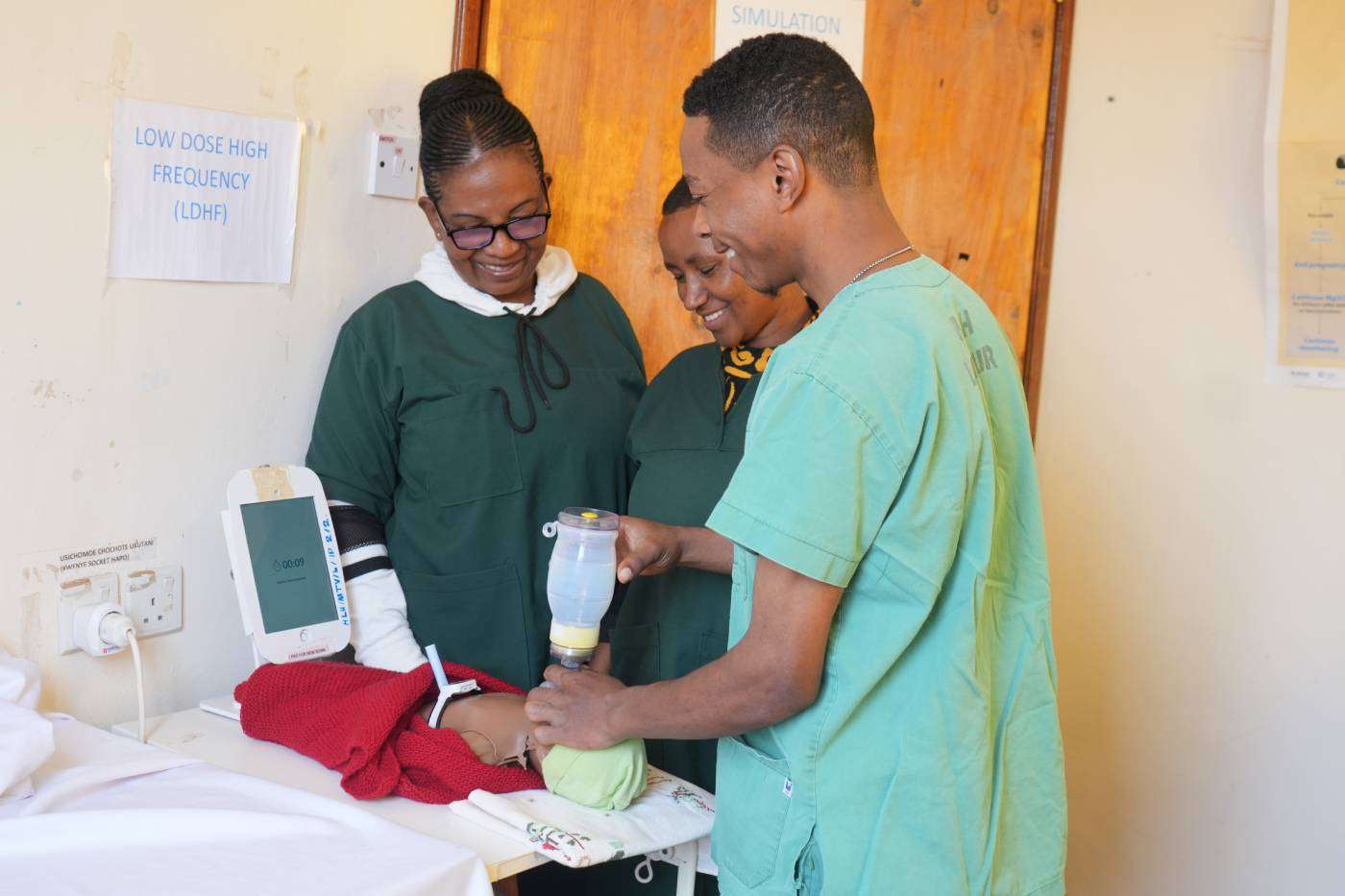
The Safer Births Bundle of Care (SBBC) program trains and equips healthcare personnel with the skills and confidence to manage the leading causes of maternal and newborn mortality.
As reported by the Safer Births' partners, goals of reducing newborn mortality by 50% and reducing maternal mortality by 10% are well within reach. This year, in Tanzania, SBBC was successfully scaled up from 30 facilities to 152 facilities in five regions, and the Tanzanian government has secured additional funding to bring SBBC to new regions in 2025.
As research evidence from SBBC in Tanzania builds, additional countries are beginning to introduce SBBC into their newborn and maternal healthcare programs.
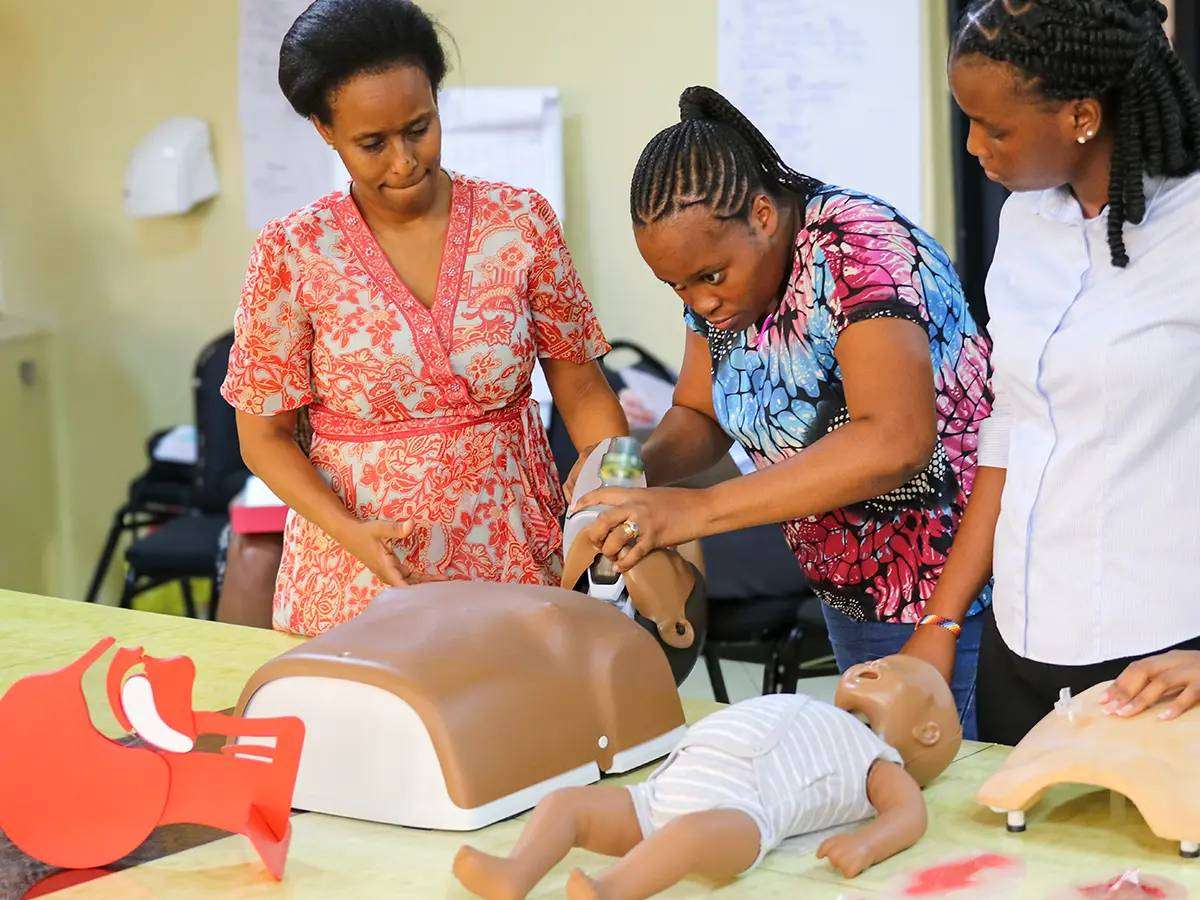
At Laerdal Global Health, our focus remains helping save lives of mothers and babies at birth, but we’re also committed to reducing preventable deaths from other time-critical emergencies in low-resource countries. Improved access to emergency care could prevent half of deaths and a third of disabilities in these places.
To help scale the WHO/ICRC’s successful Basic Emergency Care program, we collaborated to develop a blended learning training course and the new innovative Emergency Care Learning Lab. The lab includes affordable simulation-based tools for comprehensive training of first aid, CPR, trauma management, and more. This solution supports regular refresher training and was showcased at the recent WHO Academy launch, aiming to transform emergency care in low-resource countries. We believe more than 500,000 healthcare providers can be trained in Basic Emergency Care by 2030, potentially saving over 100,000 lives annually.
In March 2024, the new Emergency Care Learning Lab and Basic Emergency Care hybrid course was successfully field tested in Dar es Salaam, Tanzania, where the Health Minister has set a goal of training more than 4,500 healthcare providers by year-end. The innovative new 2-day BEC hybrid model was also implemented at several hospitals in Rwanda.
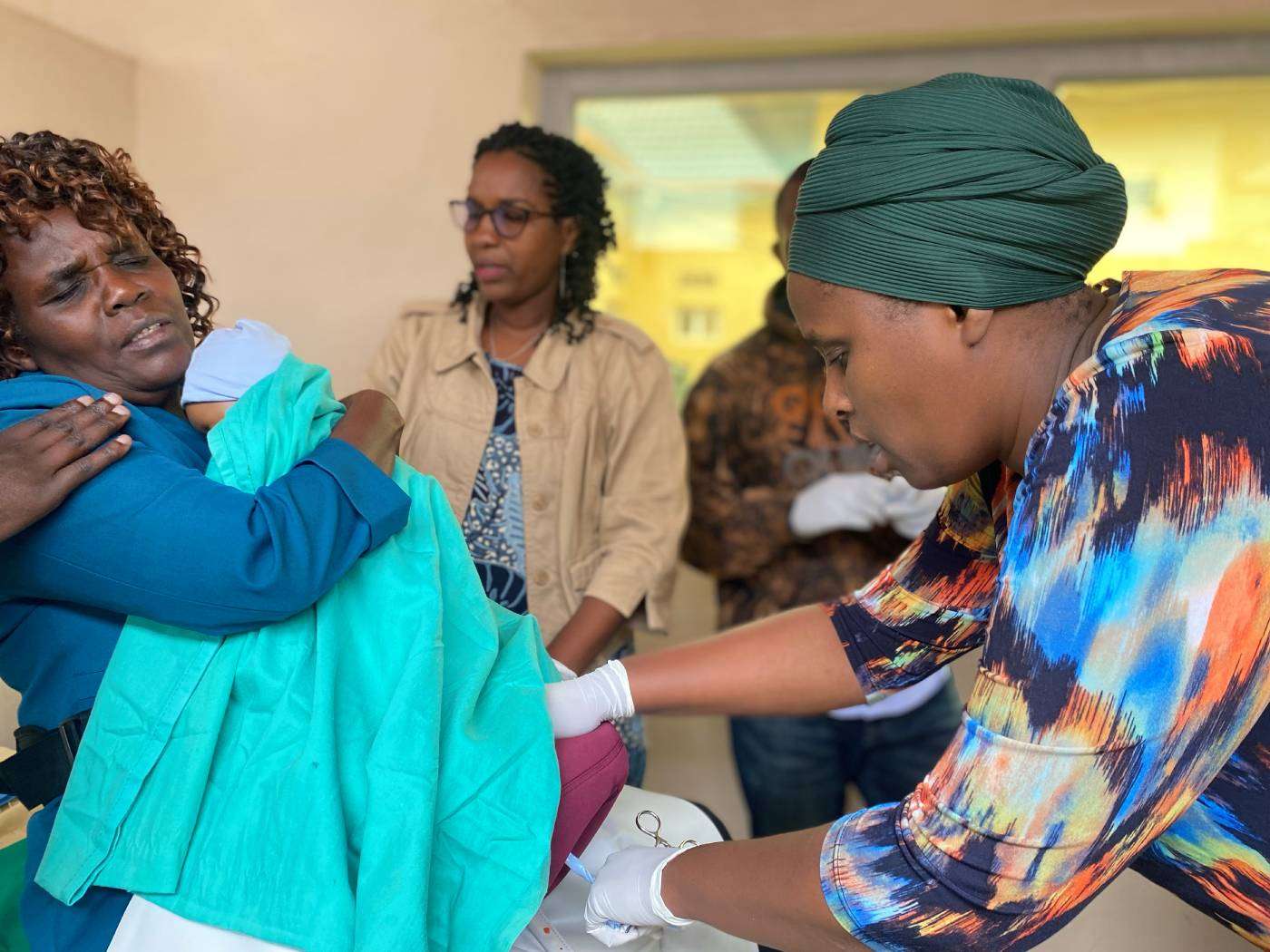
To amplify the impact of our Buy-One-Gift-One program, this year we invited some of our partners to participate in campaigns to help us find high-impact homes for our simulators and educational materials.
Through our partnership with the World Federation of Societies of Anaesthesiologists, MamaBirthie CS simulators are being distributed to support healthcare personnel to manage normal births, obstetric emergencies and necessary c-sections. More than 350 simulators have been allocated to 27 projects across 15 countries.
Recipients from the Reproductive Health Supplies Coalition and Clinton Health Access Initiative will receive up to 750 MamaNatalie simulators and PPH training resources including Jhpiego's Helping Mothers Survive Bleeding after Birth educational materials.
As part of the campaign with the International Confederation of Midwives (ICM), 14 ICM Midwives' Associations were selected to receive 324 MamaNatalie simulators with Helping Mothers Survive Bleeding After Birth (HMS BABC) learning materials. Winners were selected based on project proposals outlining how they would use the simulators to grow, strengthen, and promote midwifery care in their communities.
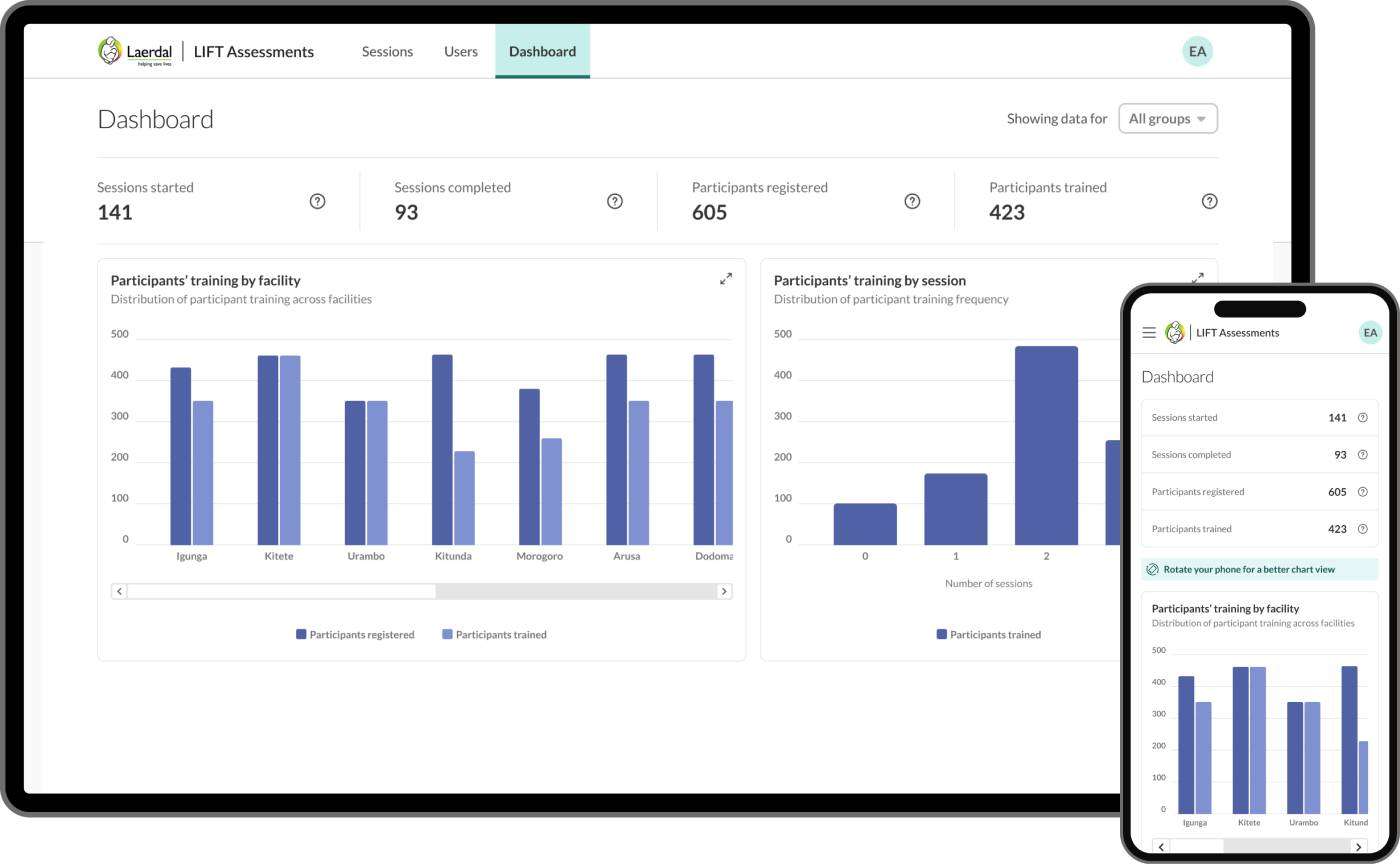 We recently launched LIFT Assessments, a digital tool that provides real-time insights into training data, helping facilitators evaluate performance, reduce knowledge gaps, and improve outcomes. Designed for areas with limited bandwidth or internet access, LIFT Assessments enables implementors to gain an overview and provide reporting across multiple sites.
We recently launched LIFT Assessments, a digital tool that provides real-time insights into training data, helping facilitators evaluate performance, reduce knowledge gaps, and improve outcomes. Designed for areas with limited bandwidth or internet access, LIFT Assessments enables implementors to gain an overview and provide reporting across multiple sites.
The digital tool replaces time-consuming paper assessments and can be customized for training courses like the Helping Mothers and Babies Survive (HMBS) programs. These programs are already benefiting sites in Tanzania as part of the Safer Births Bundle of Care. Learn more about the updated HMBS training materials at hmbs.org developed with Jhpiego, the WHO, and the American Academy of Pediatrics.
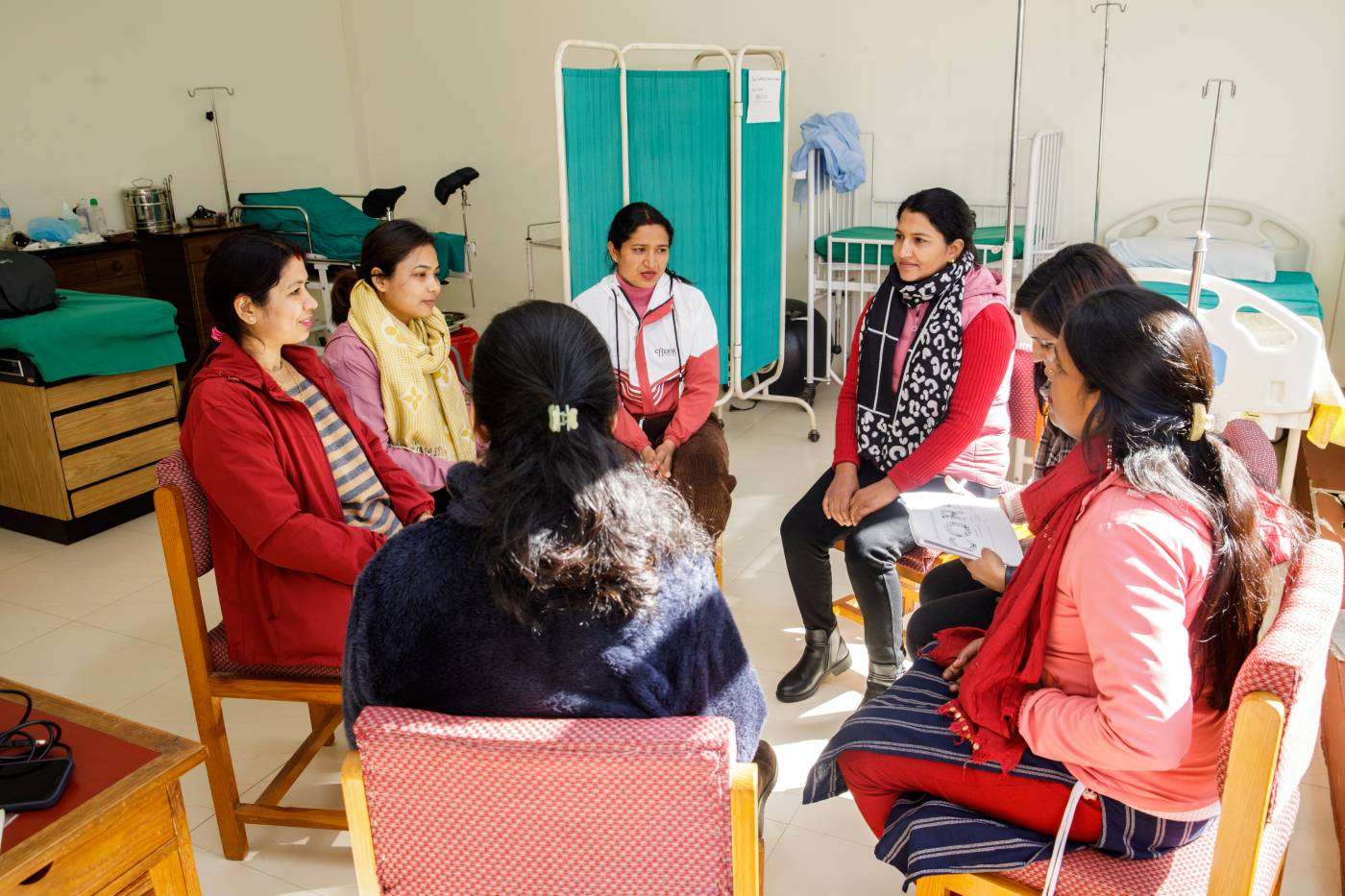
We’re working with partners around the world to strengthen healthcare education.
In Nepal, we supported the expansion of simulation-based education to several additional institutions for not only midwives, but other healthcare providers including doctors. We collaborated with the MoH of Nepal, UN organizations, and professional societies to facilitate a scale up that is sustainable over time. Similar initiatives have been underway with UNFPA Rwanda for a national scale up of implementation of simulation-based midwifery education programs.

Earlier this summer, a group of experts from around the world convened at an Utstein meeting in Stavanger, Norway hosted by the International Confederation of Midwives where, for the first time, steps were taken towards the development of global standards for faculty development. We were pleased to participate in these important discussions and look forward to continued collaboration.
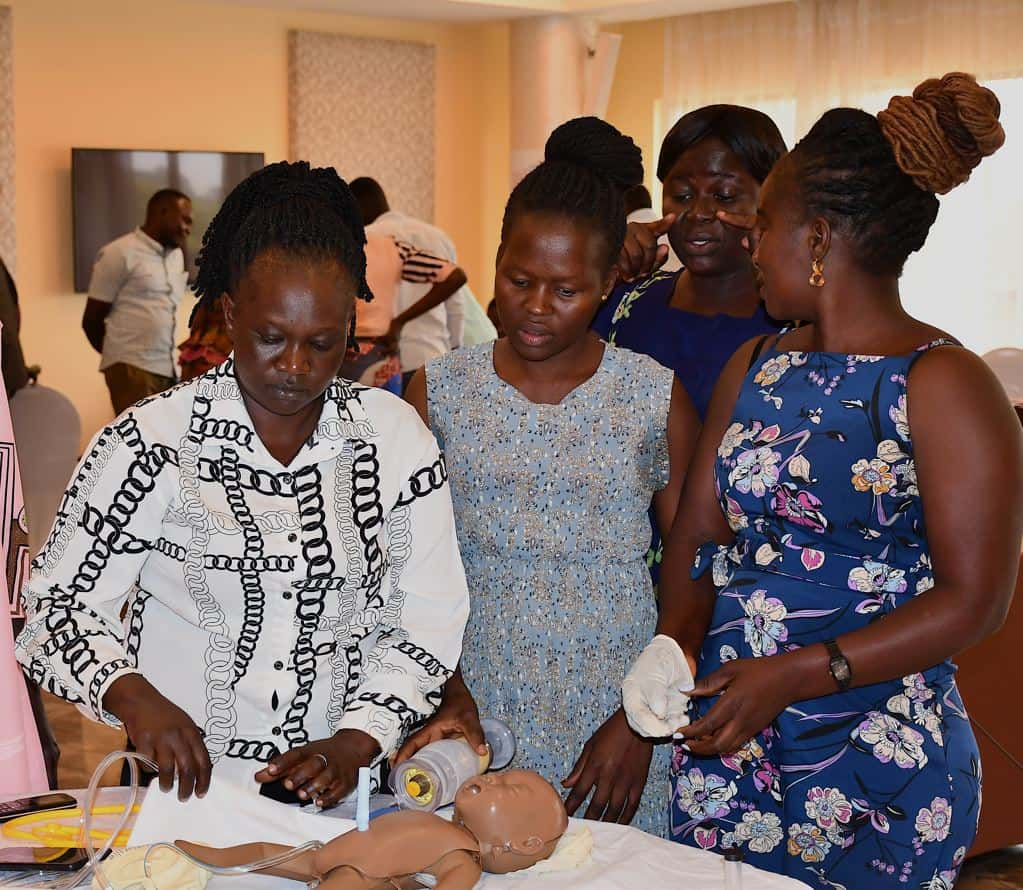
In fragile settings, access to a skilled birth attendant is a challenge. In South Sudan, less than half of births are attended by a skilled birth attendant. We supported USAID MOMENTUM to improve access to training using a blended (remote and in-person) learning approach for delivery of the Essential Newborn Care (ENC) course.
MOMENTUM’s recently published technical brief summarizes the results of the project, emphasizing the potential of a blended learning approach. Feedback from both facilitators and trainees was positive, advocating for the expansion of the program. The use of digital and online facilitation was deemed an effective training methodology. Results suggest improved knowledge and skills in providing ENC services, as demonstrated by the post-training performance, particularly in high-volume health facilities. LIFT Assessments was used to facilitate targeted training.
The most rewarding part of our work is when we get to hear stories of the true impact of our work together with partners, the lives that are saved.
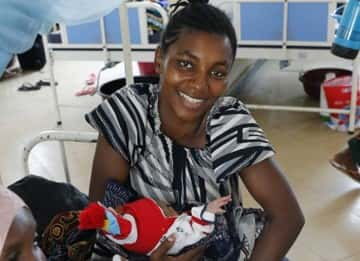
Riziki delivered twins at Katoro Health Center in Tanzania. After the delivery of the first baby, Riziki began to bleed heavily. Thankfully for Riziki and her newborn babies, her midwife had been trained as part of the Safer Births Bundle of Care program and knew how to identify and manage postpartum hemorrhage, the leading cause of maternal death.
Riziki survived.